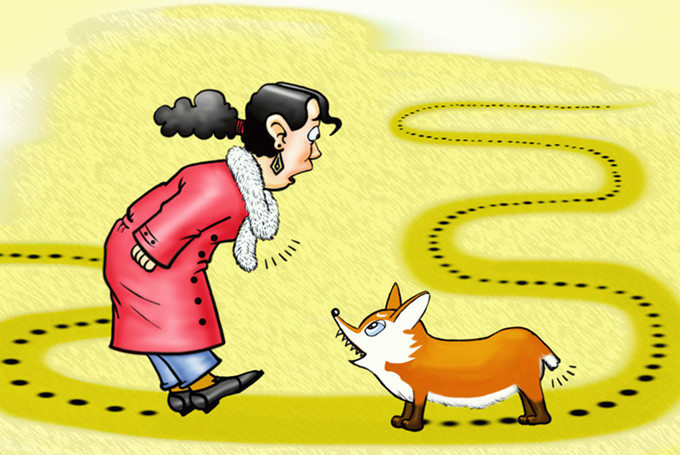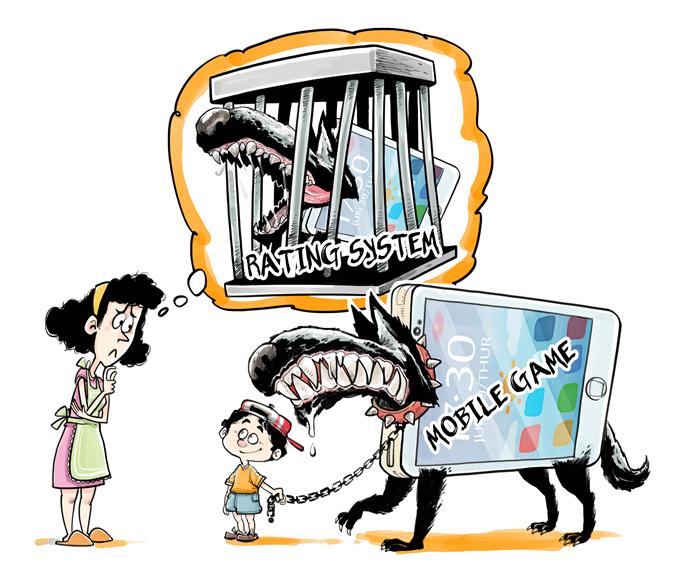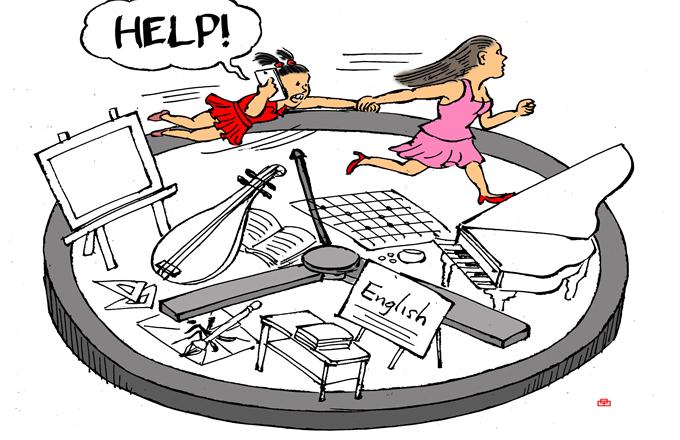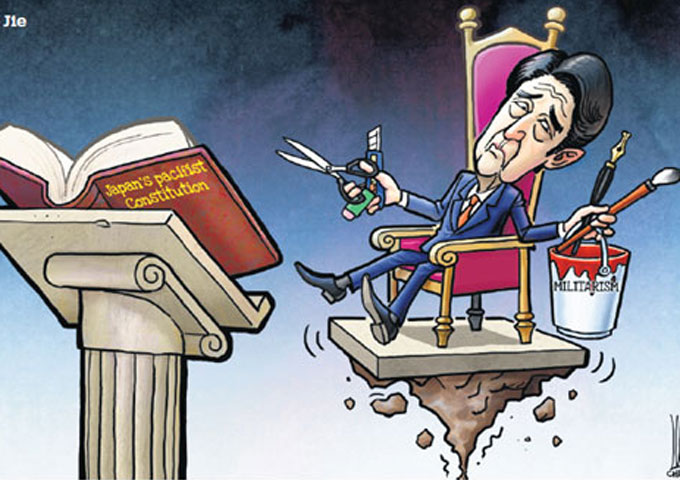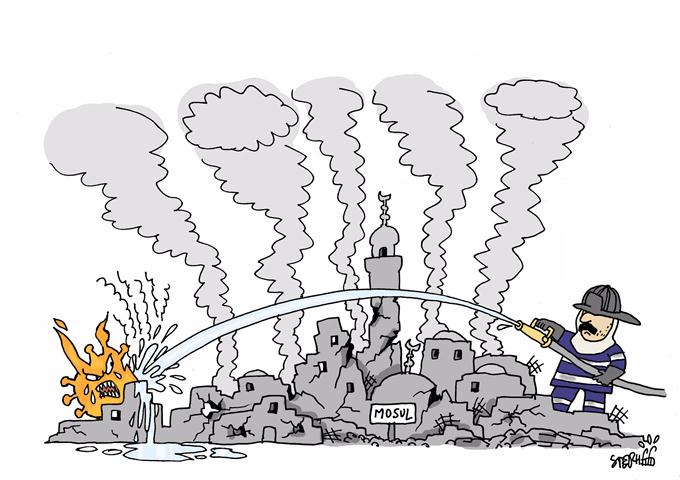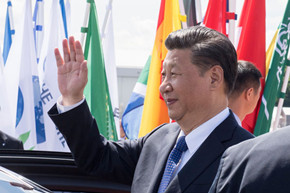The solar-panel ball is in the EU's court
Leaving aside whether the investigation process has been fair or transparent enough, it is without doubt that no side will be the winner should the EU slap punitive measures on solar panels, cells and wafers made in China.
The decision, another blow to China's efforts to promote one of its important export industries, will cost China over 20 billion euros ($26.55 billion) a year and 400,000 jobs.
But as the market shares of the United States, Japan and China in the solar panel sector continue to expand, the impact of the provisional tariff will be limited, and China will further boost its domestic market for solar energy and introduce supporting policies.
The EU, however, stands to lose more from its decision to impose duties, which was made despite protests from hundreds of European solar companies, 15 European photovoltaic associations and various trade groups, which warned that the tarrifs will harm not only the European solar industry, but also the European economy as a whole.
A great number of European importers and installers of solar panels have expressed their "deep concerns" about a volatile market as a result of higher cost solar products, which will severely hinder the competitiveness of European businesses in the solar industry. European consumers of solar energy, especially in countries such as Italy, Germany, Portugal and Spain, where affordable solar energy has been integrated into the national power grids, may have to pay more for electricity. What's more, at a time of a second economic recession in the EU and record unemployment, up to 240,000 European jobs in downstream businesses could be at risk according to the findings of Prognos, a Germany-based economic research organization.
The Alliance for Affordable Solar Energy, a coalition of over 350 companies, is opposed to the introduction of import tariffs, and it has orchestrated a letter signed by 1,024 companies to Karel De Gucht. It argues the problems faced by European solar manufacturers are more the result of over-capacity in the global solar market caused by the economic slowdown than competition from China.



